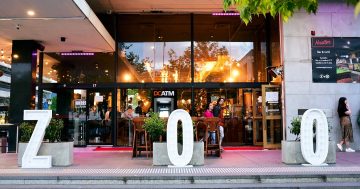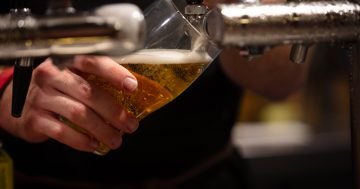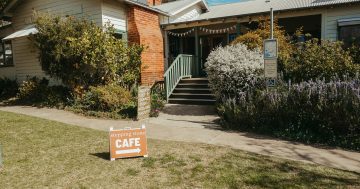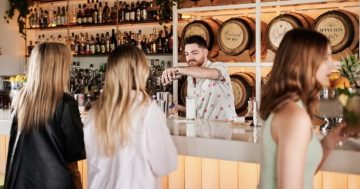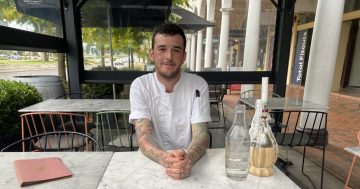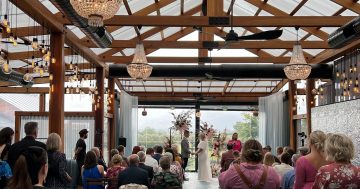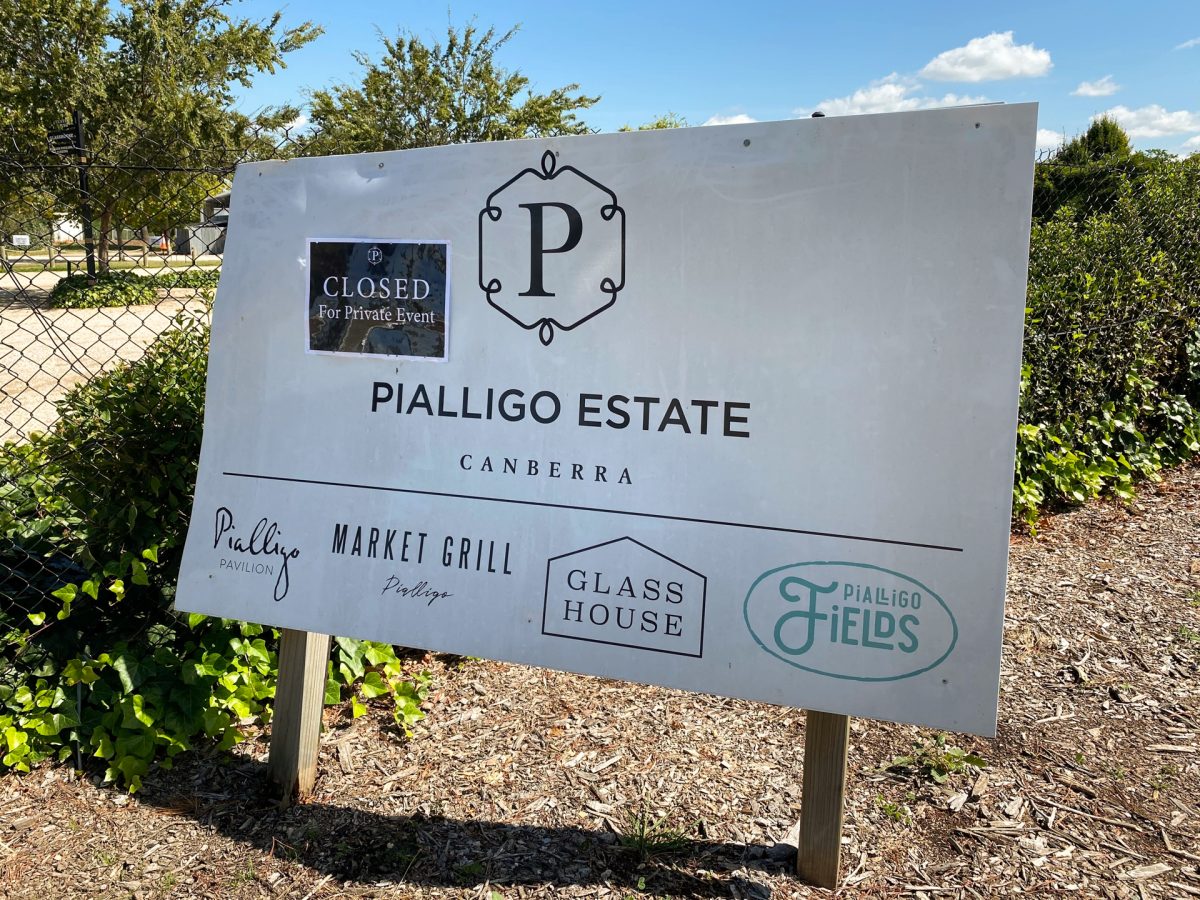
Pialligo Estate closed abruptly in March. Photo: Stephen Ning.
Year in Review: Region is revisiting some of the best Opinion articles of 2023. Here’s what got you talking, got you angry and got you thinking this year. Today, Lucy Ridge takes a look at the state of the hospitality industry.
First, Pialligo Estate closed its doors, now Zoo Bar. Who’s next? What’s going on with Canberra’s hospitality venues?
Anyone who has been paying attention knows that the last few years have been tough for the hospitality industry. We all remember the stories of ‘pivoting’ – takeaway menus, make-at-home products and pleas for support. With lockdowns and restrictions a (mostly) distant memory, it would be easy to think that the business effects of the pandemic are behind us.
But with Zoo Bar owner Rulla Bakri recently telling Region that the business “just didn’t recover” after the pandemic, it looks like the hospitality industry might be suffering the effects of Long (economic) COVID.
Let’s take a look at the symptoms.
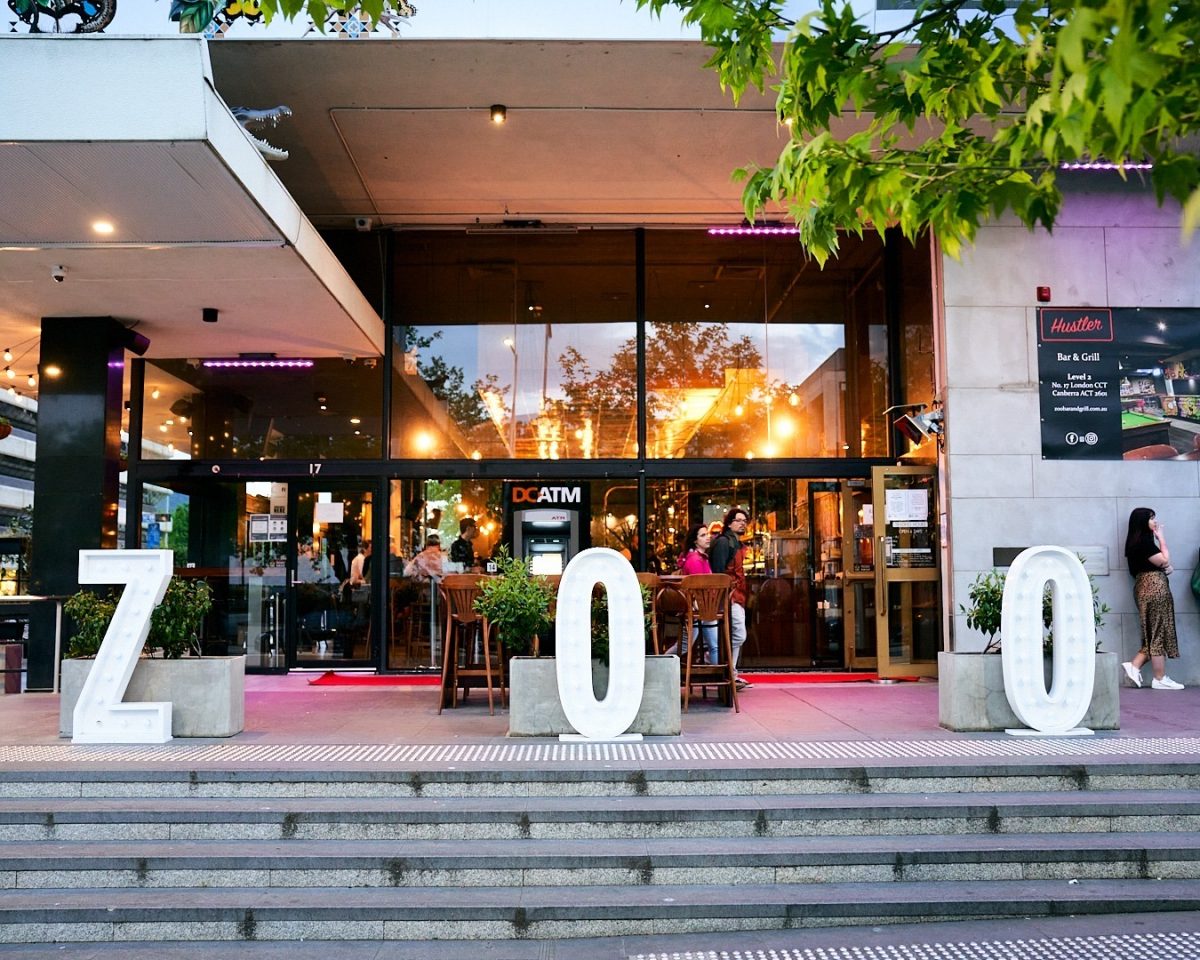
Zoo Bar closed its doors on Wednesday, 29 March. Photo: Zoo Bar Facebook.
As a food writer, I have the privilege of speaking with a lot of people in Canberra’s food industry and staffing is an issue that comes up more often than any other. Finding enough skilled staff for a restaurant or cafe has been a challenge in Canberra since long before lockdowns became part of the lexicon. But the lingering effects of the pandemic have worsened the problem.
In order to serve the young professionals with disposable income who want to drink and dine out regularly, the hospitality industry has historically relied on students and international workers to fill the gaps in the local workforce. Those employees were unavailable during lockdowns and travel restrictions and have been slow to return.
In addition to this, many local members of the workforce who were forced to find alternative employment during the pandemic have stayed in their new jobs. Hospitality can be a tough gig with long, irregular hours, often at night or on weekends. Workers discovered it was actually very nice having weekends off and evenings with their family. People restructured their lives and many haven’t returned to jobs in hospitality.
Together, this had led to a staff shortage affecting everyone from takeaway tuck shops to fine dining destinations.
The pandemic has also changed the behaviour of where Canberrans go out to eat. People have become more invested in their local neighbourhoods because they were spending more time in them while working from home. Instead of taking the lift down to a coffee shop in the lobby of their office block, folks wandered down to their local shops. There’s consequently been a notable rise in the number and quality of suburban cafes and restaurants.
From Little Luxton in Gordon to Sweet Bones‘ second location in Scullin, people want good quality food close to where they live and businesses in suburban areas seem to be thriving.
Downer darlings Gang Gang has expanded its cafe offerings to nighttime service, while Curtin institution The Statesman has unveiled a brand new look and Farrer cafe Fox and Bow has opened another shop in Red Hill.
With more people looking to dine closer to home, it seems likely that inner city offerings may have suffered as a result.
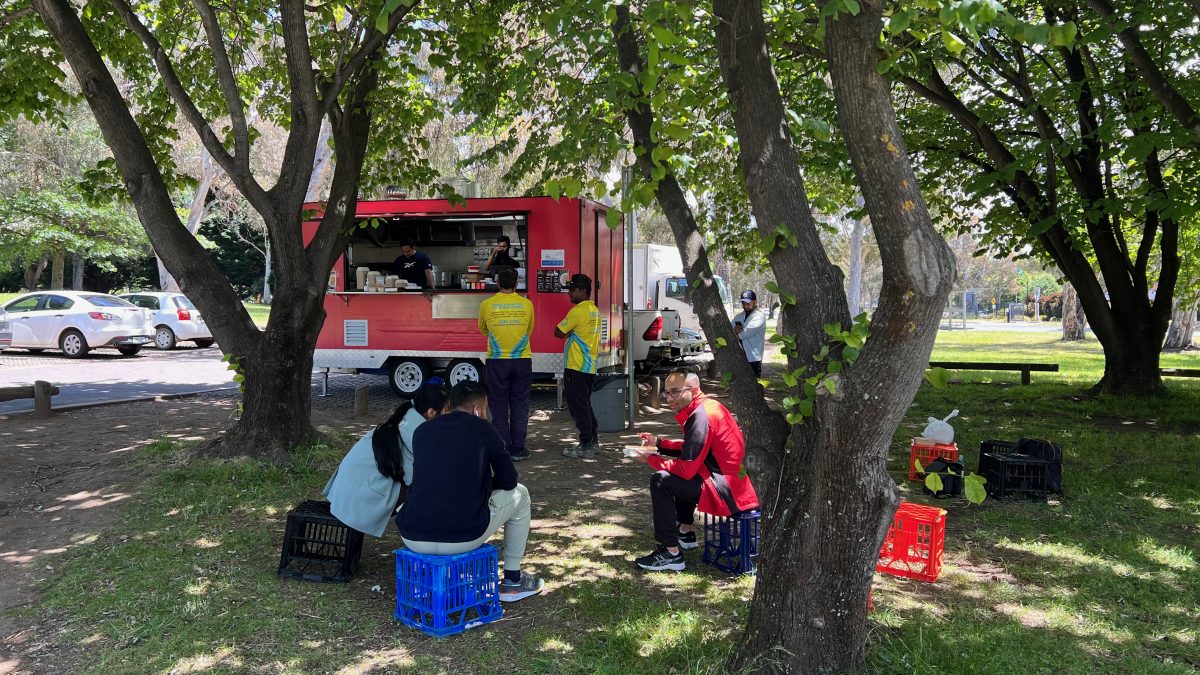
Friends and Momos food truck. Photo: Lucy Ridge.
Some emerging business owners looking to break into the hospitality industry have sought to mitigate these risks by starting small and staying mobile. New food truck businesses like Jarochos, Little Phat Rolls, Friends and Momos and Future Swirl are popping up all over Canberra.
When interviewing these business owners, they often mentioned that a food truck was an appealing way to break into the industry as it requires minimal staff, has a relatively low financial outlay, and they could potentially still operate ‘as normal’ if dining restrictions or lockdowns were ever to return.
Despite the recent high-profile closures, the industry is not all doom and gloom. There are still plenty of local businesses that are flourishing. But it’s a pertinent reminder that the best way to ensure your favourite local restaurant doesn’t suffer from the lingering effects of the pandemic is to sit down and have a meal.












